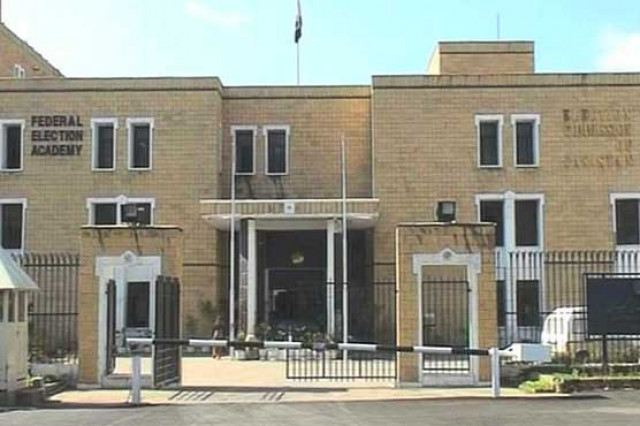Justice denied
As a democracy still struggling to put down firm roots, it is necessary we devise ways to make system run effectively.

405 petitions were referred to election tribunals across the country, of which 238 of them have not been addressed. PHOTO: ECP.GOV.PK
Eight months after the May 2013 election, the majority of election petitions filed are still to be settled. According to figures from the Election Commission of Pakistan (ECP), 405 petitions were referred to election tribunals across the country, of which 238 of them have not been addressed, although the 120-day deadline to decide the cases has lapsed. Fourteen tribunals had been set up by the ECP to hear the complaints that came in. The largest number was filed in Punjab and the largest number of cases — 109 — remains pending there. While the law, technically speaking, allows an extension in the time set to determine petitions, it is unfortunate that these have had to come into play. Decisions on whether a candidate has a right to hold a seat, or if any wrongdoing was involved in the voting process, need to be addressed as promptly as possible. As a democracy still struggling to put down firm roots, it is necessary we devise ways to make the system run more effectively.
The ECP needs to review the situation, at least, so that corrections can be made for the future. The reasons for the long delays need to be assessed. Was inefficient running of tribunals involved? Were there simply too many cases for them to handle? Were other factors involved? All these need to be looked into, so corrections can be made and we can for the future have a better means to deal with the complaints of rigging and malpractice that are bound to come in after any polling exercise. We need to make this polling process run better as we move on along the road of what we hope will be a continuous democratic process.
Published in The Express Tribune, February 1st, 2014.
Like Opinion & Editorial on Facebook, follow @ETOpEd on Twitter to receive all updates on all our daily pieces.















COMMENTS
Comments are moderated and generally will be posted if they are on-topic and not abusive.
For more information, please see our Comments FAQ